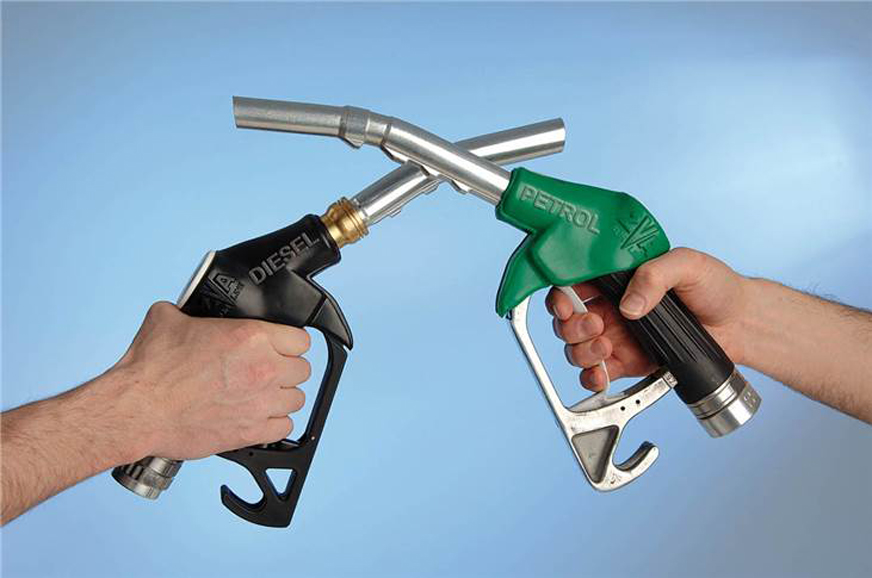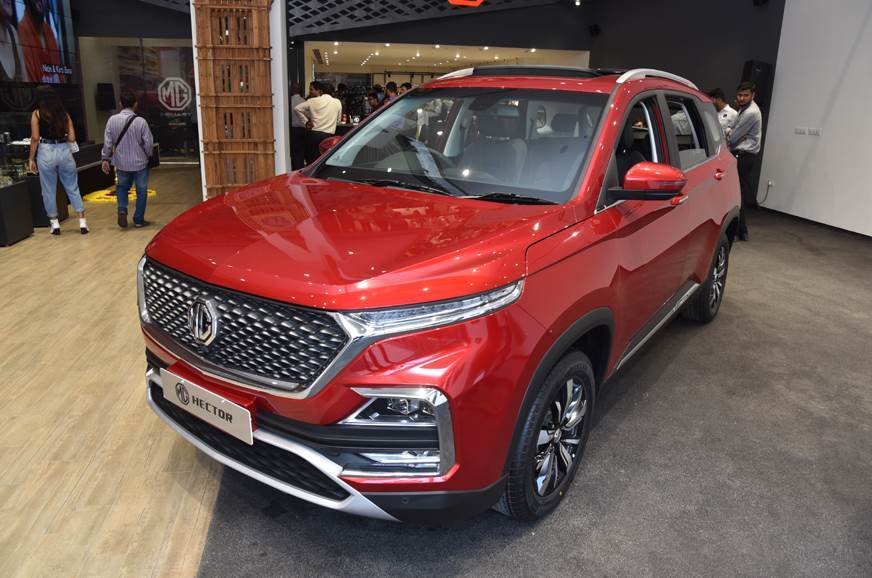
The Cabinet Committee on Economic Affairs (CCEA), chaired by Prime Minister Narendra Modi, on October 24, approved the 'Review of Guidelines for Granting Authorisation to market Transportation Fuels'. The existing policy has been revised after 17 years, the last being in 2002.
The government says this marks a major reform of the guidelines for marketing of petrol and diesel, and has now been revised to bring it in line with the changing market dynamics, with a view to encourage investment from private players, including foreign players, in this sector.
With transparent policy guidelines, the new policy is said to give a fillip to ‘Ease of Doing Business’, which is an index published by the World Bank that defines the ease of doing business in a country. It will boost direct and indirect employment in the sector. Setting up of more retail outlets (ROs) will result in better competition and better services for consumers
The revised guidelines sees a much lower entry barrier for private players – the entities seeking authorisation would need to have a minimum net worth of Rs 250 crore, compared to the current requirement of Rs 2,000 crore of prior investment. Non-oil companies will be allowed to invest in the retail sector, and the requirement of prior investment in oil and gas sector, which include exploration and production, refining, pipelines and terminals, among others, has been done away with.
The entities seeking market authorisation for petrol and diesel are now allowed to apply for retail and bulk authorisation either separately or for both. Interested parties have been given the flexibility in setting up a joint venture or subsidiary for market authorisation.
What's more, in addition to conventional fuels, the authorised entities are required to install facilities for marketing at least one new-generation alternate fuel like CNG, LNG, biofuels and electric charging, among others, at their proposed retail outlets within three years of it becoming operational.
The government says it expects more private players, including foreign players, to invest in retail fuel marketing, leading to better competition and better services for consumers. It is expected that these new entities will bring in latest technology for marketing of fuels and also encourage digital payments at the retail outlets. The entities will also encourage employment of women and ex-servicemen at the retail outlets, with CCTV facilities to be set up at all retail outlets.
Lastly, the authorised entities are required to set up a minimum of 5 percent of the total retail outlets in the notified remote areas within five years of grant of authorisation; a robust monitoring mechanism has been set up to monitor this obligation. An individual may be allowed to obtain dealership of more than one marketing company, in case of open dealerships of PSU OMCs, but at different sites.
Also see:
BS6 fuel available over entire Delhi-NCR
from Autocar India https://ift.tt/2MKPJaB
via IFTTT

No comments:
Post a Comment